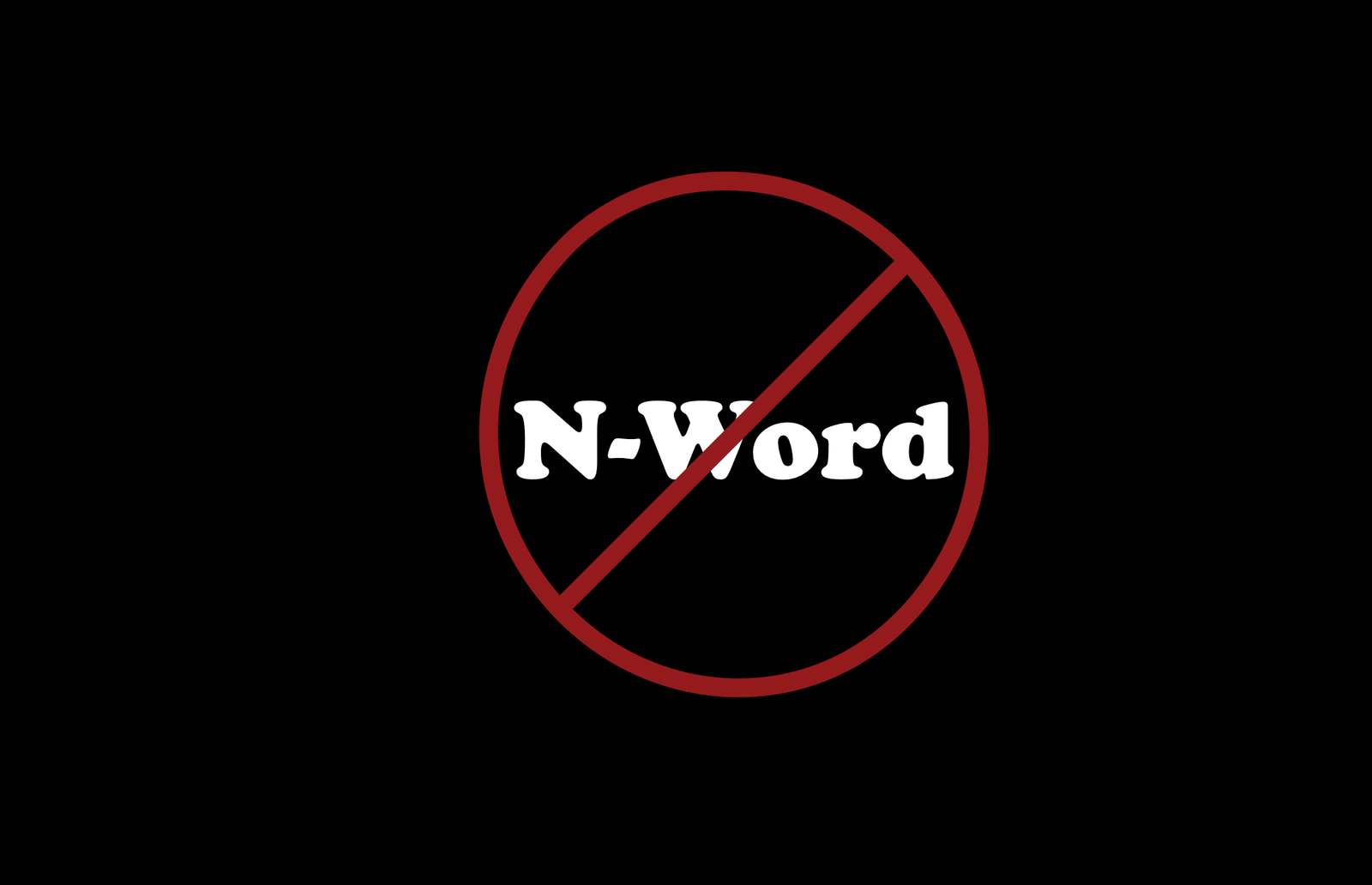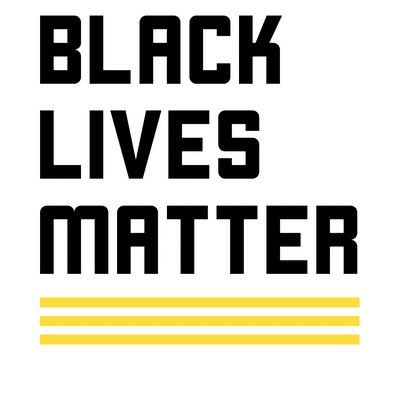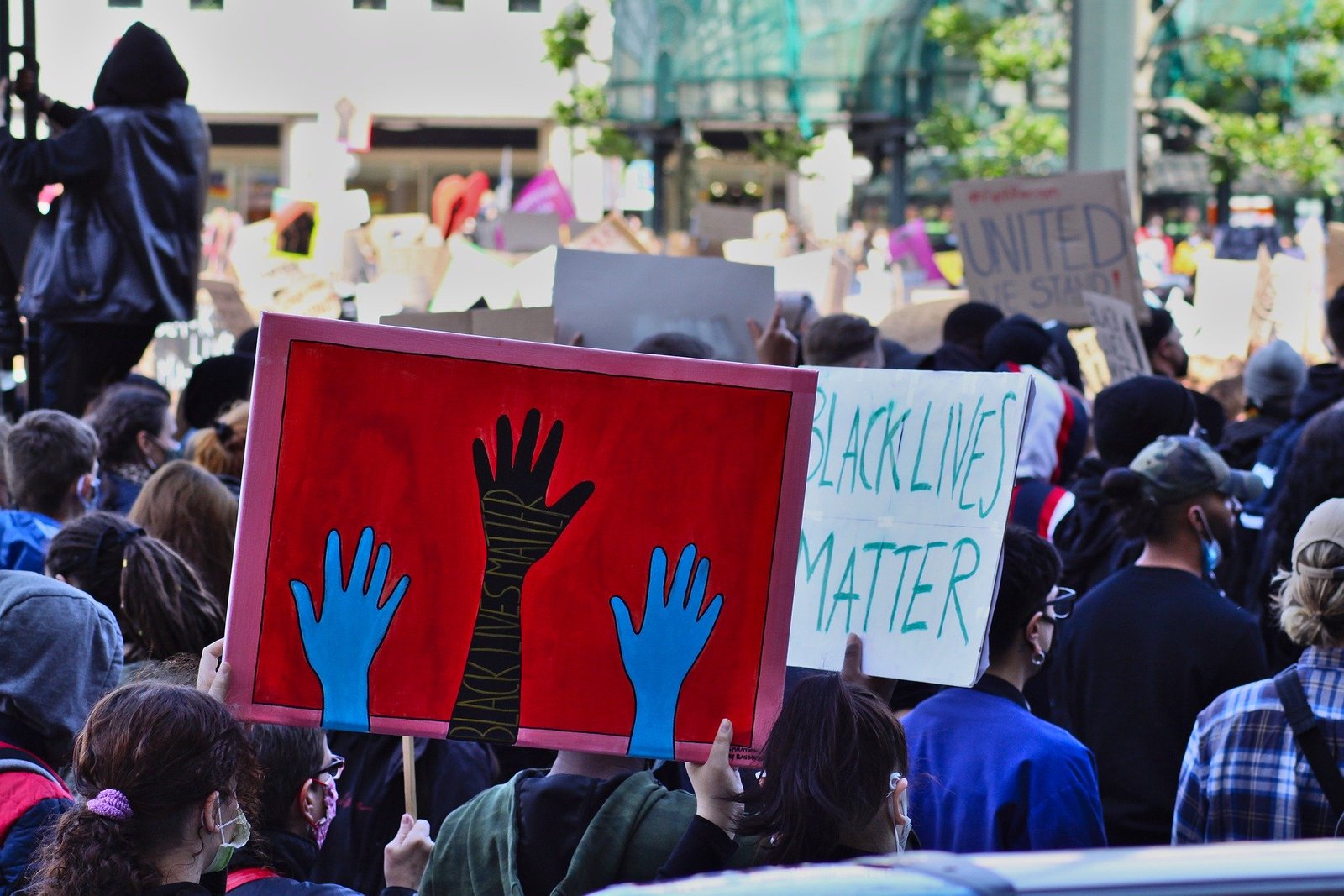After a professor at Ausburg University was suspended for pronouncing the word in quoting James Baldwin’s work, could our culture use more introspection?
One of Monty Python’s most glorious scenes takes place in The Life of Brian. A group of women disguised as men gather into a mob, led by a priest. They are about to stone a man to death for having said “Jehovah” in a totally benign context. The unfortunate man, realizing he can’t possibly be in a worse position, and has nothing to lose, pronounces “Jehovah” over and over again, to the indignation of all the religious fanatics present. The priest, despite his zeal, inadvertently also says “Jehovah”, and ultimately, it is he, the priest, the one who ends up stoned to death by the mob[1].
It is doubtful that in 1st Century Galilee someone would be stoned to death for pronouncing the divine name. But Jews did go to great lengths in order to avoid pronouncing it, thus substituting with “Adonai”, “Hashem”, etc. In any case, Monty Python did not spare the opportunity to poke fun at religious fanaticism as a whole, and in this particular case, at the curious belief that the mere pronunciation of a word may have such powerful effects.
The belief that some words are powerful on their own (regardless of what they actually signify), and therefore, the mere pronunciation of them can have effects (both positive and negative), is widespread. This word magic accounts for both its use in casting spells, as well as for taboos that specify that under no circumstance whatsoever can a particular word ever be uttered.
This actually stems from the idea that words somehow have inherent meanings, and they have an intrinsic relationship to the concept they signify. Plato (or perhaps Socrates, his mouthpiece) seemed to believe this; but in the very dialogue where these ideas are discussed, Cratylus believes that words only have an arbitrary connection to their meanings, and thus, do not have special magical powers[2]. Ultimately, especially as a result of Ferdinand de Saussare’s influence, linguists have come to believe that Cratylus was right[3].
It is easy to make fun of 1st Century Jews who believed that the mere mention of Jehovah would bring a curse, or Renaissance Occultists who believed that “abracadabra” somehow would allow them to control mysterious forces in the universe. Yet we, ultra-progressive peoples of the 21stCentury modernized West, have our own version of word magic.
Consider the N-word. The fact that I have to euphemize it, is already an indication that the word by itself seems to have some mysterious power. This has all the hallmarks of magical thinking. However, make no mistake: the N-word has a vicious history, and in many contexts, the way it is used is deeply offensive, and can do great harm.
Yet again, pace Cratylus, words do not have intrinsic significance on their own. If the N-word is used in a non-offensive context, then it should cause no harm. Unfortunately, that is not the way we relate to it. We seem to attribute it some magical properties. For example, a professor at Ausburg University pronounced the word in quoting James Baldwin’s work; his students filed a complaint, and now he has been suspended[4]. There have been multiple reports of similar cases. Even more pathetic is the case of the word “niggardly”, etymologically unrelated to the N-word. Nevertheless, some people have used it publicly, and as a result, they have been forced to resign from their positions[5].
Even more troubling is the fact that, by our rules, only some people are forbidden from saying the word. At least 1st Century Jews were more consistent in requiring all peoples (both Jews and Gentiles) to avoid pronouncing the divine name, but in our times, this prohibition only applies to non-blacks. Black rappers and comedians spout the N-word out all the time, but should a white person ever say it, all hell will break loose. One can perfectly understand how the use of the N-word can cement bonds of camaraderie, and why rappers and comedians use it so profusely. But the moment a society has a set of rules for some ethnic group, and a set of rules for another ethnic group, democracy is eroded. This “multi-legalism” (different laws for different people) is simply not compatible with the most elementary notion of equality under the law, and furthermore, paves the way for social disintegration, as it constantly reminds citizens that society is fragmented into ethnic groups.
Randall Kennedy argues in Nigger: The Strange Career of a Troublesome Word that while the offensive use of the N-word should be strongly condemned, we need a more relaxed attitude when facing situations in which non-blacks use it in friendly (such as expressing camaraderie with black peers) or neutral (such as a professor quoting from a book) ways. I would like to make the additional argument that, as we begin to relax in these benign cases, ultimately, the N-word will lose its harmful effects, even when attempted to be used in an aggressive manner.
Our current approach to the N-word is pathological, in the psychological sense. One common feature of magical thinking is phobias, and that is why many societies place taboos on particular objects and situations. By attributing words some intrinsic power regardless of the context in which they are said, we come to irrationally fear some words.
The N-word is one of our greatest cultural phobias. In patients, phobias usually come as a result of association with unpleasant events. This process forms part of classical conditioning, the well-known psychological concept expressed in Ivan Pavlov’s experiments. If every time you provide a dog with food, and you ring a bell, the dog will eventually salivate at the mere sound of the bell. Likewise, if some traumatic experience happened to you, you are likely to fear elements associated with that particular experience. Patients with Post-Traumatic Stress Disorder (PTSD) know this all too well. The N-word has been associated with slavery, Jim Crow, lynching, and so on, so given these traumas, it is natural enough that we may fear it.
But, in the same manner that PTSD patients are encouraged to overcome their phobias through psychotherapy, we should also learn how to overcome our irrational fear to the N-word. How can phobias be cured? Famed psychologist Joseph Wolpe provided a very powerful technique: systematic desensitization[6]. Subjects who have irrational fears of particular things (insects, heights, etc.) should have gradually increased exposure to the feared stimulus, while being in a comfortable situation, so as to lose fear of it and learn how to relax in its presence.
Unfortunately, our management of the N-word phobia has not followed this effective advice. Instead of gradual comfortable exposure to the feared stimulus, we encourage people to withdraw at the smallest exposure. If a professor pronounces the N-word while reading Huckleberry Finn, we immediately hush the professor, or we encourage college kids to go to the “safe space” in campus, where they can be assured that they will never hear that word. This is not a wise approach. PTSD patients do better when they are taught not to immediately retreat from the situations that elicit stress in them, otherwise, they will remain in constant fear. Likewise, the trauma of the association of the N-word with so many bad things in American history, is better approached by teaching people not to retreat from the benign situations in which this word is used.
Apart from systematic desensitization, some psychologists have also recommended “flooding” in the treatment of phobias. This consists in the massive and intense exposure to the feared stimulus (say, if you fear snakes, you might jump into a pit full of them), so that once you realize nothing happens to you, you overcome that fear.
For the case of racial sensitivities, some authors have recommended this approach. For example, Jim Goad in The Redneck Manifesto has proposed that ethnic groups throw racial slurs and make fun of each other, as a way to deliberately break taboos and somehow take away the past offensiveness of those words[7]. At least for the American case, I do not see this as a particularly effective approach. Flooding only works with subjects that have the absolute determination to overcome fears; in subjects who are still very sensitive to particular fears, flooding can be very counterproductive, further magnifying the fear. Spike Lee portrayed exactly this scenario in Bamboozled (a movie about a TV producer who comes up with a new minstrel show where the N-word is rampantly used, along with many rude stereotypes), and in that storyline, it all ends in tragedy[8].
We can use Aristotle’s wisdom here, and go for the virtuous mean between two extremes. We should scorn and ostracize people who use the N-word out of pure racism and hatred. But we should also refuse to surrender to the hypersensitivity of people who confuse the N-word with “niggardly”. Reading the N-wordfrom a James Baldwin passage, in a scholarly context, is a good start.
[1] https://www.youtube.com/watch?v=ffwFXGPRDu4
[2] http://classics.mit.edu/Plato/cratylus.html
[3] http://home.wlu.edu/~levys/courses/anth252f2006/saussure.pdf
[4] https://www.chronicle.com/article/How-a-Dispute-Over-the-N-Word/245655
[5] https://www.irishtimes.com/news/niggardly-attitude-to-word-costs-man-job-1.1258732
[6] https://vimeo.com/250184585
[7] https://trove.nla.gov.au/work/22596295?q&versionId=27373468







